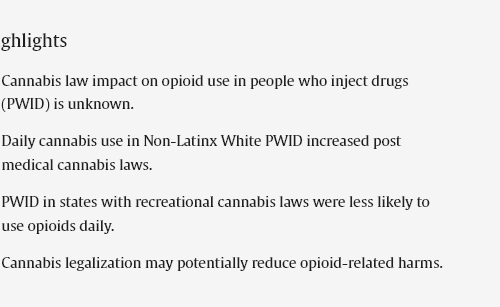By Steve Elliott Friday, Dec. 3 2010
A challenge to the marijuana laws of the southern African nation Swaziland is going all the way to the High Court. Dr. Ben Diamini wants cannabis legalized, and he has also called upon the Minister of Commerce, Industry and Trade to grant him a 10-year exclusive license to grow “dagga,” as the herb is called locallly.
Dr. Diamini pointed out that in the past 5,000 years, no one has died of cannabis anywhere in the world. He wants to High Court to help him get an order allowing him to operate a cannabis processing factory and set up a marketing company, with all dagga growers in Swaziland as suppliers, reports Mtheto Lungu at Africa News. He said that his factory will then solicit orders from local and international pharmacies.
Diamini said he would involve international research institutions to conduct research on processed and raw cannabis.
Holding a doctorate in education and a bachelor of science degree with a major in chemistry, Diamini said cannabis is not a drug and is not addictive. He said it is neither intoxicating nor poisonous.
Swaziland, home to one of the last pure Sativa strains in the world, is bordered by South Africa and Mozambique.
Cannabis influences a person to sleep, Dr. Diamini said, but the person is never “unable to know what he is doing.” Diamini said that cannabis is safer than either alcohol or tobacco.
“Unlike alcohol, cannabis users to not lose self control; massive amounts just send them to sleep,” Diamini said.
“There has never been a single death directly linked to cannabis use in 5,000 years of history with hundreds of millions of users in the world,” Diamini said. “There is no toxic amount of cannabis. No animal has died of an overdose of cannabis.”
“It is smoked, it is eaten and it is used as an antidote for cases of poisoning,” Diamini’s affidavit reads. “The question of the risk element attached to the use of cannabis will continue to be a matter for the experts, but irrespective of the answer, there exists no just reason to punish cannabis users or those who grow it.”
Diamini is specifically challenging Section 151(1) of the Opium and Habit Forming Drugs Act of 1922.
According to that section, “In this Act, unless the context otherwise requires, habit forming drug or drugs means and includes the following as herein defined — cannabis, dagga, instangu, Indian hemp, under whatever name it may be described, known, sold, supplied or otherwise referred to or dealt with, whether the whole or any portion of the plant and all extracts, tinctures or preparations or admixtures thereon.”
The matter is still pending before the High Court.
Swaziland, bordering South Africa on three sides and Mozambique in the east, is home to the Swazi strain of cannabis, one of the few pure sativa strains left in the world, according to OurWeed.


